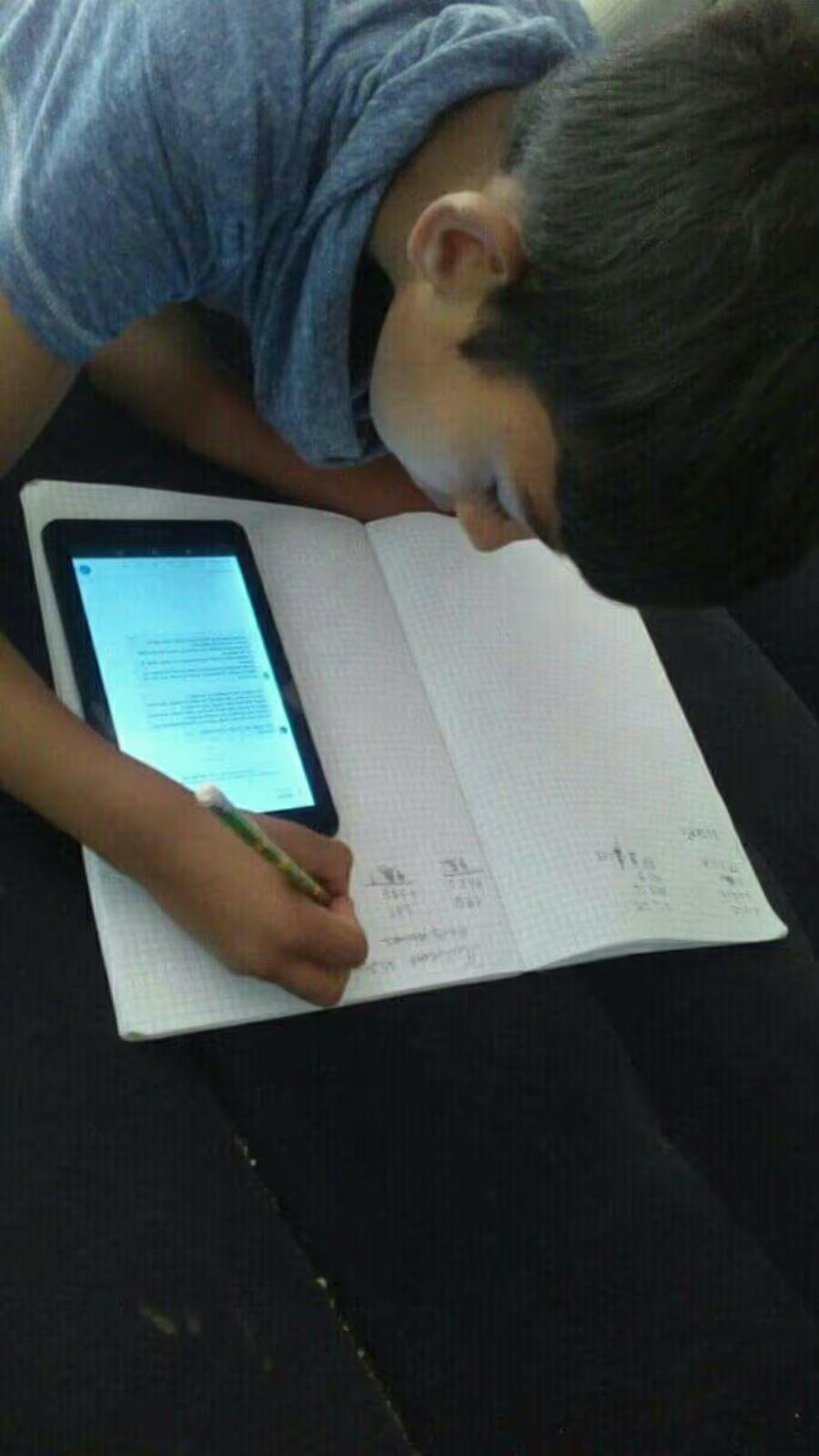A state of emergency because of COVID-19 was declared in Serbia in March of 2020. At the beginning of May, the prevention and protection measures were relaxed and the Government of Serbia organised the parliamentary elections. However, at the beginning of July 2020, the situation has significantly worsened. Every day there is an increasing number of patients and deaths caused by the coronavirus infection. Many hospitals have been turned into COVID hospitals and they have been full for quite some time. We are talking with the executive director of ISSA member – Group for Children and Youth Indigo Tamara Simonović, who is telling us how COVID-19 influenced the activities of her organization. Today we publish the second part of the interview with Tamara. You can read the first part here.
- How have the crisis and mitigation measures affected your own work?
- The pandemics has significantly changed the way we work. After the outbreak, all the activities that are part of our work had to be minimized and the needs of refugee children and parents for them increased as they had much more free time and much more stress. At the beginning, we shortened the presence in the Reception Centres to four hours a day and we were available online and by phone for the other four hours. After that, when the epidemics was on its peak, we worked only online for two weeks. We also stopped our activities in the Community Centre, where we work with Roma children, and started with online educational support. During that period, we faced difficulties. Live contact and talking to people can never be substituted with virtual contact. When the situation with the pandemics improved, we continued our work, keeping all the prevention measures in place, and started to organize different types of activities again. However, lately, as the situation worsened again, we returned to decreasing contacts and online work.
- Did you launch any specific initiatives – activities addressed to parents and practitioners?
- Knowing what difficulties parents go through in this period, we alleviated them by giving specific advice. We explained to them that in situations like this it is very important to have a plan or organization of activities for each day. We pointed out the importance of spending time together with the family and using this period of isolation in good ways to improve their relationships, build trust and strengthen their family bonds. We advised parents to use that time to enjoy playing with a child and at the same time get closer to him or her. We also advised them to use this time to get to know their family members better and to think about their reactions in front of the children, because children learn from their parents’ reactions more than from their words.
Finally, we continued with the online individual and group support to our staff, as well as online supervision in the changed circumstances.
- Could you think of three aspects of your ECD practices before the outbreak that change in the future?
- We will plan our activities in a different way, always taking into consideration the possibility of an emergency situation. We will also pay more attention to our technical skills and preparedness for online work. We will also introduce this component in our work with the families, reminding them to make contingency plans for the emergencies and preparing them for these situations by offering different relaxation and stress-reduction techniques, making them part of everyday activities, together with different approaches to strengthening family bonds.
- What have you personally learnt from this experience over the last several months?
-We have all rebuilt a sense of community in the last few months. Isolation from one another made us realize how important close contact with other people is. Moreover, the sense of collective responsibility has reawakened and it is nice to see people taking care of each other.




